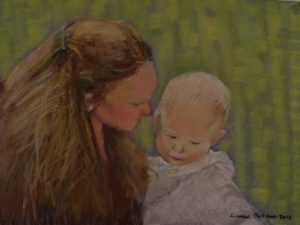The Importance of Imaginative Play for Kids and Adults

Children growing up in a home in which adults encourage play opens minds to expression, imagination, and creativity. Pretend play is more common when parents talk to kids often, read or tell bedtime stories and even explain ideas about nature and social issues.
Plato said, “You can discover more about a person in an hour of play than in a year of conversation.”

Why Do Kids Play?

- Play contributes to the growth of a flexible brain primed for creative thinking and problem solving.
- Children engaged in imaginative play reveal their natural-born creativity.
- Starting at roughly age two and a half and lasting until about nine or ten play can occupy easily 20% of a child’s time as they rehearse dilemmas in play, conquer fears in play, and experiment with various ideas, images, and feelings.
- However, infants play during their first year as well. Playing is about discovering new objects and how they work, trying different sounds that eventually form words, and after a few months moving around exploring their ever-growing body.
- Play contrary to direct instruction can make kids more curious, more likely to discover new information, and even make unexpected connections.
- Many things kids do just for fun lead to resiliency, a high level of performance, and increasing creativity.
Why Do Adults Play?
- Adults who are more playful feel less stressed, more able to cope with stress, and feel greater life satisfaction.
- The very spirit of play keeps creativity and vitality alive as adults grow older.
- Play and joy are intimately connected leading to greater inspiration, effort, and creative growth.
- Writers who create elaborate imaginary worlds develop a sense of themselves as creators adapting imaginary play habits like children.
- Adults also benefit from creating make-believe worlds in paintings, plays and films as well as constructs in the sciences, social sciences, and humanities.
Whether a three-year-old builds a LEGO vehicle or a future novelist constructs an elaborate sci-fi or imaginary fantasy world—both child and adult at play are truly creators.
The value of Infants at Play will be described in a new book to be released soon:

Playing with Babies:
Research Based Play to Bond with Your Baby
from Birth to One Year

Daddy and Mommy and Baby Play

Pointing is a wonderful milestone in play. It shows the baby has an intention–like wanting to point out how Mommy and Baby both have noses!!
This Week’s Brainteaser
Find a word that connect three unrelated words.
Give this a try:
fish – mine – rush
Good luck! Try it on younger and older folks
